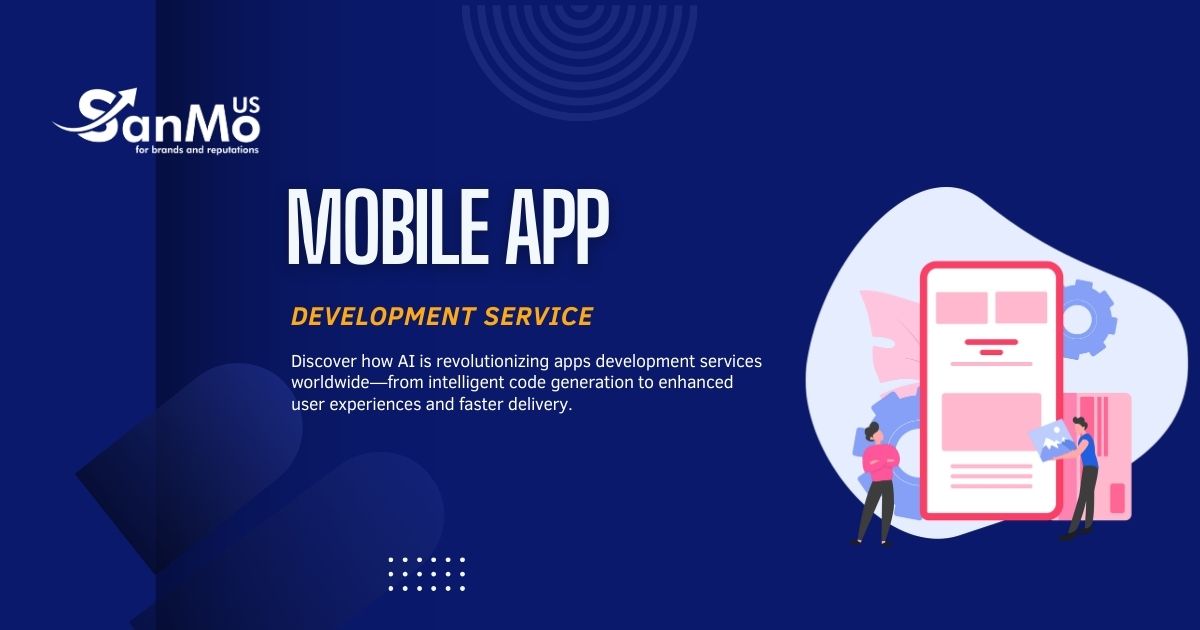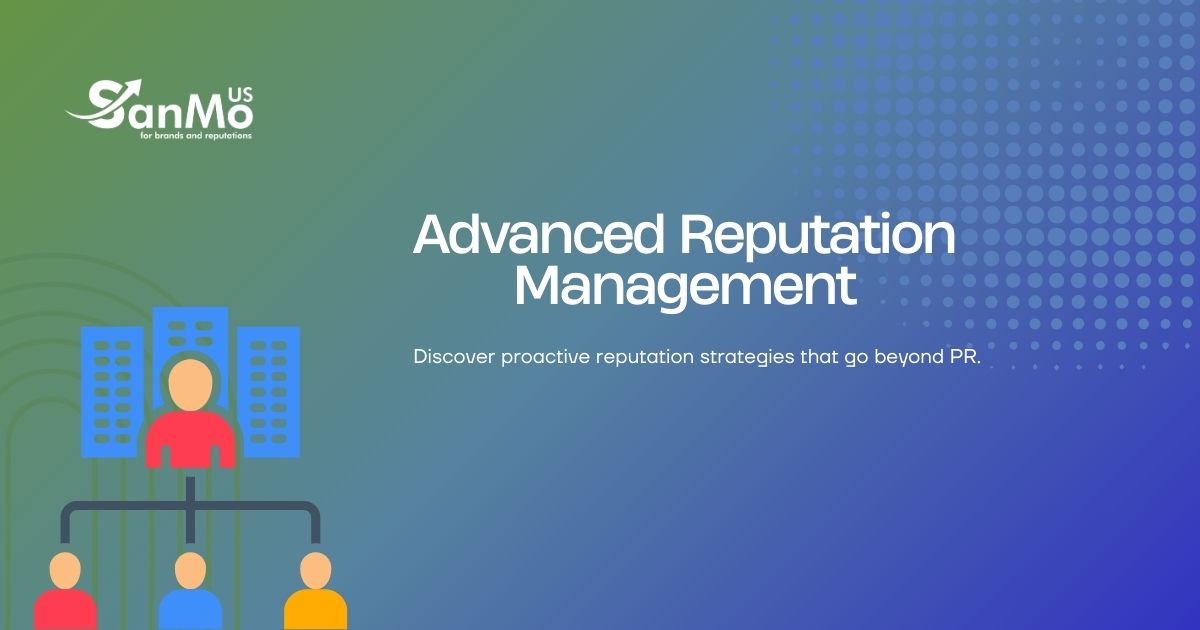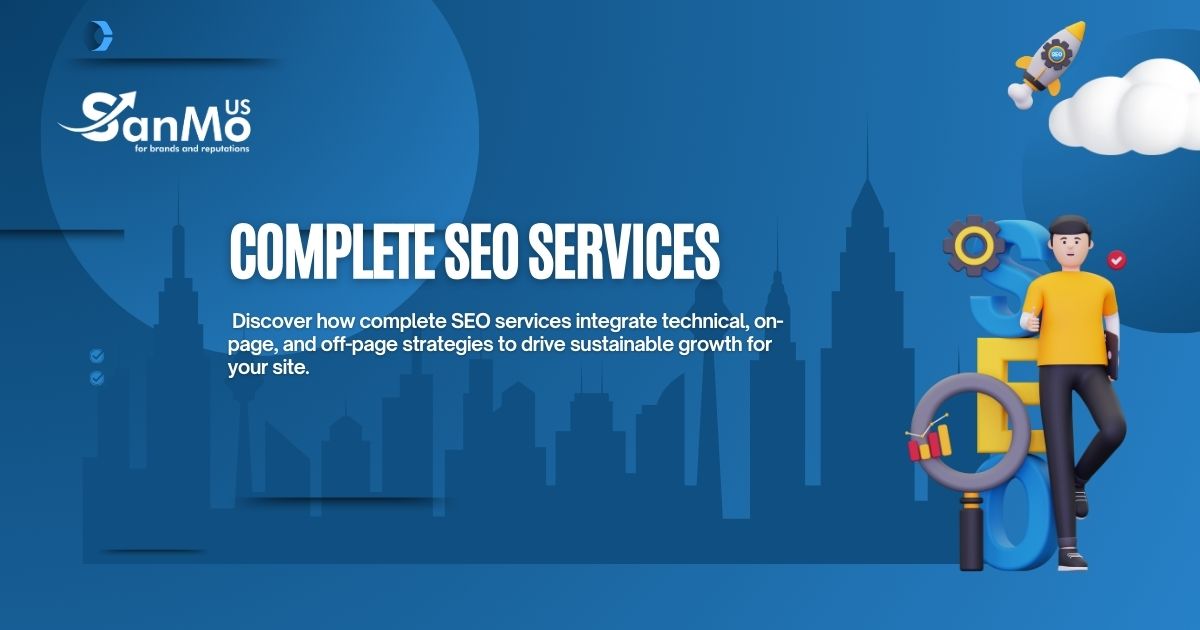Backlinks are the backbone of SEO. They serve as digital endorsements, signaling to search engines that your content is credible and worth ranking. But what happens when the pressure to boost rankings tempts businesses to take shortcuts? Unethical practices, like buying low-quality backlinks, not only harm your reputation but can also lead to penalties from search engines like Google.
The good news is that businesses don’t need to resort to shady practices to succeed. Ethical backlink services can help you build authority sustainably while keeping your reputation intact. This blog will cover everything you need to know about ethical link building, its importance, and actionable steps for creating a successful backlink strategy.
What Are Ethical Backlink Services?
Ethical backlink services focus on acquiring high-quality, relevant, and organic backlinks that adhere to search engine guidelines. Unlike illicit tactics such as link farms or paying for spammy links, ethical link-building prioritizes genuine relationships, authoritative content, and value for both the website owner and their audience.
The emphasis here is on maintaining integrity while driving results. Ethical services aim to build not just backlinks but also long-term, meaningful relationships that enhance your site’s credibility. Learn more about Ethical Backlink Services.
Why Ethical Link Building Matters
Unethical backlink schemes may promise quick results, but they come with significant risks and drawbacks. Here’s why staying ethical is a smarter path:
1. Avoid Search Engine Penalties
Search engines like Google are constantly refining their algorithms to detect and penalize manipulative practices. Websites that rely on unethical link-building methods risk being penalized or even blacklisted, leading to a loss of trust and traffic.
Ethical backlinks comply with guidelines, ensuring your website’s reputation remains untarnished.
2. Boost Long-term Credibility
Building high-quality backlinks organically demonstrates your expertise and authority within your niche. This not only helps with search rankings but also creates trust with your audience. People are more likely to engage with and recommend a brand that prioritizes value and transparency.
3. Attract Relevant Traffic
Ethical backlinks are often placed in contexts where they genuinely add value, such as within industry blogs or resource pages. This ensures that the traffic they drive is highly relevant, meaning visitors who click these links are more likely to convert or engage with your business.
4. Future-Proof Your SEO
SEO techniques are always evolving, but ethical practices endure. By following a transparent, value-driven approach, your site’s link profile will remain strong regardless of algorithm changes.
How to Build Ethical Backlinks
Creating an ethical backlink strategy doesn’t happen overnight, but it is entirely achievable. Here are six steps to get started:
Step 1: Create High-Value Content
Content is, and always will be, king in the world of ethical link building. The first step to earning backlinks is to create content that people naturally want to link to and share.
Examples of link-worthy content include:
- Original Research or Data: Studies, reports, or statistics based on your industry.
- Ultimate Guides: Comprehensive resources that solve a particular problem.
- Infographics: Visual representations of complex topics are highly shareable.
- Thought Leadership Articles: Share unique perspectives or insights that position you as an authority.
Step 2: Leverage Guest Posting
Collaborate with reputable blogs or websites in your niche by contributing quality guest posts. Guest posting allows you to:
- Reach a new, relevant audience.
- Build your credibility within your industry.
- Earn backlinks naturally by including your website in your author bio or content.
Be sure to pitch unique, well-researched article ideas tailored to each site’s audience for the best results.
Step 3: Build Relationships with Industry Leaders
Networking is key to earning ethical backlinks. Focus on forming relationships with bloggers, journalists, and influencers in your niche. Here are some ways to connect:
- Share their content on social media.
- Engage with their posts by commenting intelligently.
- Provide value by responding to questions or offering feedback.
Build genuine connections, and the backlinks will follow naturally as your relationships grow.
Step 4: Focus on Broken Link Building
Broken link building involves finding broken or outdated links on authoritative websites and suggesting your content as a replacement. It’s a win-win for both parties:
- Website owners get to fix their broken links.
- You earn a valuable backlink.
Tools like Ahrefs and SEMrush can help you identify broken links in your industry.
Step 5: Get Listed in Relevant Directories
Getting your website listed on reputable directories or resource websites is an easy way to build ethical backlinks. Examples include industry-specific directories, nonprofit organizations, or educational institutions. Just make sure the directory is high-quality and relevant to your business.
Step 6: Collaborate on Content
Co-authoring blog posts, participating in expert roundups, or sponsoring webinars are excellent ways to earn backlinks while adding value to the community. Collaborative efforts showcase your expertise while fostering mutually beneficial partnerships.
Red Flags to Avoid in Link Building
To maintain an ethical backlink profile, steer clear of the following practices:
- Buying Links: Paid link schemes are not only unethical but also against Google’s guidelines.
- Link Farms: Websites that exist solely to generate backlinks for others are likely to harm, not help, your rankings.
- Irrelevant Links: Focus on quality over quantity. Links from unrelated websites won’t benefit your SEO and could raise red flags with search engines.
- Automated Backlink Software: Programs that generate backlinks en masse often create links that are spammy and low-value.
Tools to Help You Build Ethical Backlinks
Ethical link building takes time, but using the right tools can make the process much smoother. Here are some you may find useful:
- Ahrefs (for finding backlink opportunities and broken links)
- SEMrush (for competitive analysis and outreach ideas)
- Hunter.io (for finding email addresses to pitch content collaborations)
- BuzzStream (for managing your outreach campaigns)
Ethical Backlinks Are an Investment in Long-term Growth
By focusing on ethical link-building strategies, you’re not just building links; you’re building credibility, trust, and a solid foundation for sustainable growth. While it might take longer to see results, the benefits of maintaining integrity and following best practices will pay off exponentially in the long run.
Are you ready to build backlinks the ethical way? Start with high-value content that earns the right kind of attention. Explore the tools and approaches mentioned above to take your SEO efforts to the next level.








